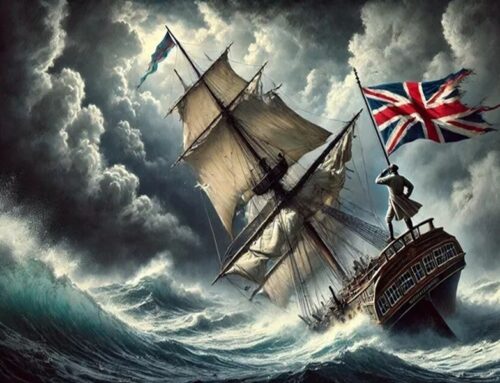Section 18 of the marine Insurance Act 1906 (MIA) imposes on an assured the duty to disclose to an insurer all material facts about the risk proposed for insurance that he knows, or is deemed to know in the ordinary course of business. If the assured fails to make such disclosure, the insurer may avoid the contract.
Every circumstance is material which would influence the judgement of a prudent insurer in fixing the premium or determining whether he will take the risk.
The assured is not required to disclose any circumstance which:
- Diminishes the risk;
- Is known or presumed to be known by the insurer. The insurer is presumed to know matters of common notoriety or knowledge, and matters which an insurer in the ordinary course of business, as such, ought to know;
- Any circumstance as to which information is waived by the insurer;
- Any circumstance which it is superfluous to disclose by reason of any express or implied warranty.
The second of the bulleted points is the one which may prove the downfall of the unwary underwriter with little experience of a risk presented to him. Take, for example, the risk involving medical products in transit from one country to another. The mode of transport used is irrelevant. What is important is the distinction in the condition in which the goods must be upon delivery, when compared to other goods. A machine may arrive with dirt on it from spray caused during road transit in rainy conditions but, though it is easily cleaned, it would not render the machine unacceptable However, if certain medical products arrive with evidence of water staining to the packaging, it should be no surprise that they are rejected as being unfit for their intended purpose, which may include being used in invasive medical procedures, with the risk that the water staining on the packaging could be transferred to the product inside (a hypodermic needle perhaps) the packaging at the point of treatment. So, although the product itself may not be actually damaged until that point is reached, it is nevertheless certain that the proximate cause arose during carriage from the supplier to the consignee. The claim may be limited to the cost of cleaning the packaging, or to re-sterilising the contents and re-packing them or, if that would exceed their value on arrival, to paying the full value. However, the insurer would not be allowed to reject such a claim on the grounds of material non-disclosure. The nature of the product, and its vulnerabilities to various risks in transit, are matters which an insurer, in the ordinary course of business, ought to know. It is not for any assured to spell this out. If an underwriter does not know the different risk characteristics between a lump of coal and a product used in medical procedures, he should not have accepted the risk in the first place.
This brings us to the situation where a firm proposing for insurance has a wide selection of products to insure. Does it produce a list of all the goods it produces, with the risk that one or two might be omitted inadvertently, and thus not be covered? This unsatisfactory state of affairs is usually tackled by linking the subject-matter-insured to the business of the assured. For example
“Goods and merchandise incidental to the assured’s business as manufacturers of medical and pharmaceutical products."
It’s a wide ‘catch-all’ description which throws the onus back on the underwriter to accept it, refuse it, or demand clarification of what precisely is involved. Accepting it without challenge means that the insurer is exposing itself to a wide range of products, which could include very theft attractive drugs, such as morphine. It could also include such items as expensive medical equipment supplied by the assured to their customers – inevitably this will be hospitals – institutions that set high levels for the condition of goods they have bought, when the goods arrive at their premises, with the risk of rejection being higher than usual for most ordinary goods, for the obvious reasons
The prudent underwriter will seek to clarify the type of products the assured intends to include in the “Goods and merchandise……….. description and may even go so far in his quotation to use that description of the subject-matter-insured and add to it words such as, “but excluding goods and merchandise intended for use in invasive medical procedures, or any drugs available only by prescription from a medically qualified doctor.” Bandages and sticking plasters are one thing but, beyond that, the risks are greater. They are perfectly underwritable but call for greater care in packing and, possibly in security, and they certainly warrant a higher premium to reflect the greater risk






